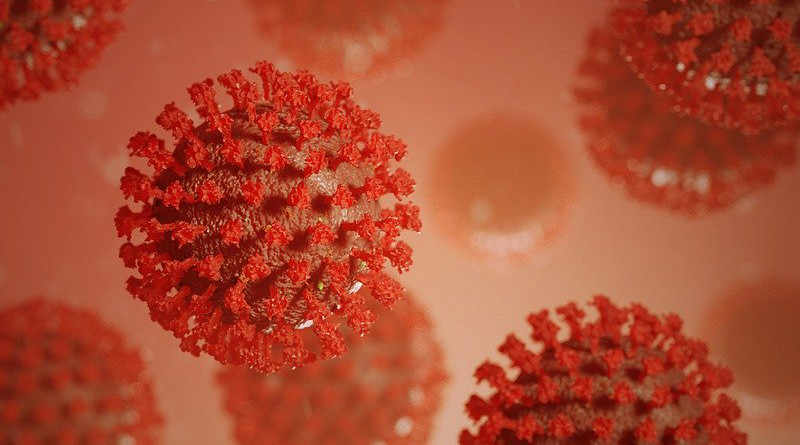Scientific Policy In Response To COVID-19 – OpEd
We have all heard, from politicians and from scientists, that the public-policy response to the COVID-19 pandemic should be based on science. For example, Joe Biden’s website recommends we “Ensure that public health decisions are made by public health professionals and not politicians, and officials engaged in the response do not fear retribution or public disparagement for performing their jobs.”
While science can provide information to help politicians make policy decisions, science cannot determine the appropriate policy response to COVID-19, or any other public policy. Should schools open for in-person instruction? Should restaurants be allowed to operate at full capacity, or at all? Should the size of outdoor gatherings be limited? Should people be required to wear masks in public settings? Science cannot answer these questions.
This is not because scientific knowledge is limited (although it is) but because all of these policies involve trade-offs, and science does not provide an answer to how much people value one option over another.
The big trade-off that has been debated during the pandemic is protecting people from exposure to the virus versus allowing people to engage in economic activity. How much should we throttle the economy to reduce people’s exposure? Science cannot answer this question.
Consider a less controversial policy: how high to set speed limits on roads. We know that higher speed limits will result in more fatalities from traffic accidents. That’s science at work. But we are willing to increase the risk of traffic deaths to allow higher speeds. Science cannot determine the appropriate speed limit, although it can inform policy makers about the trade-offs involved.
The same is true of policies in response to COVID-19. Science can inform citizens and policymakers that if policy A is adopted, then B will be the likely result. Even if we are certain that those scientific statements are correct (and we are not certain, as scientists themselves admit), science does not tell us whether policy A is an appropriate policy.
Public health decisions should not be made by public health professionals, as Biden recommends. They can provide information, but weighing the pros and cons of policy proposals to make public policy is a political decision, not a scientific one.
When scientists recommend certain policies, or politicians say they are making science-based policies, they are claiming more for science than science can deliver.
This article was published by The Beacon

